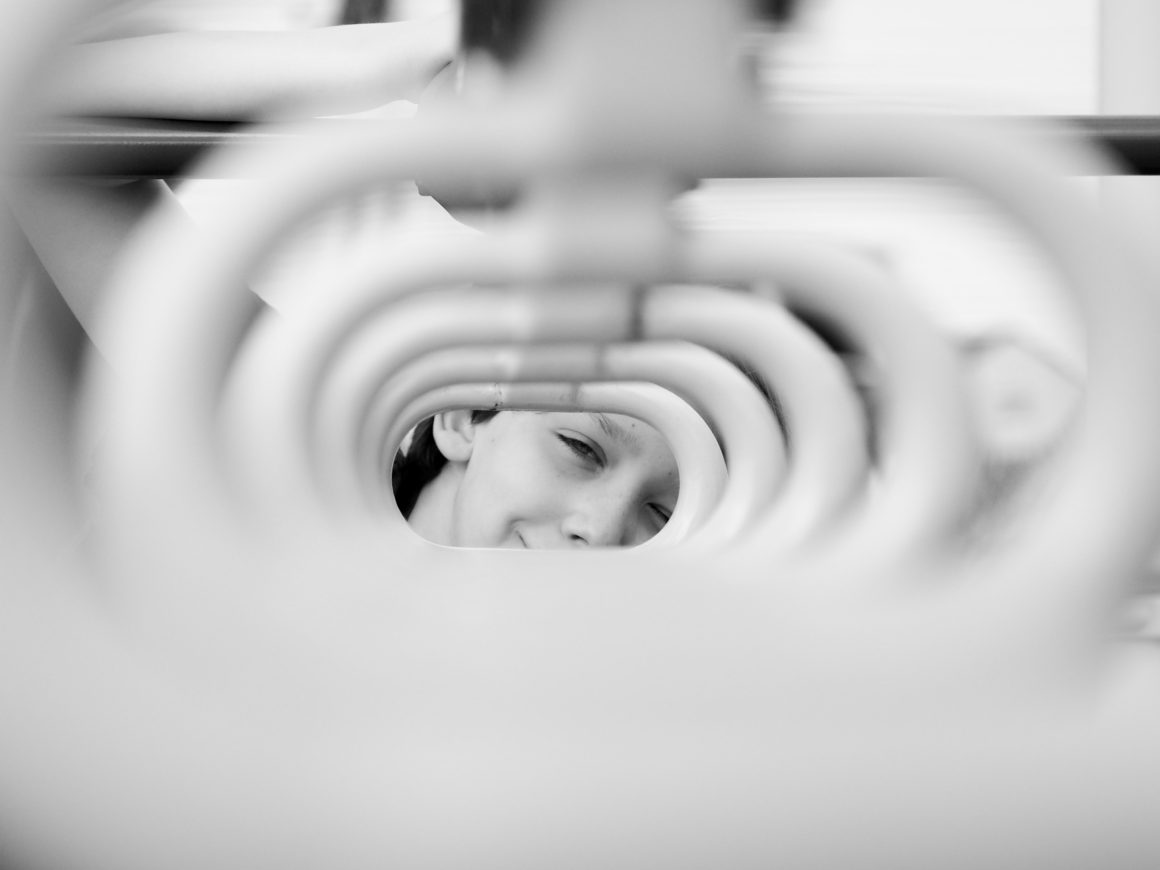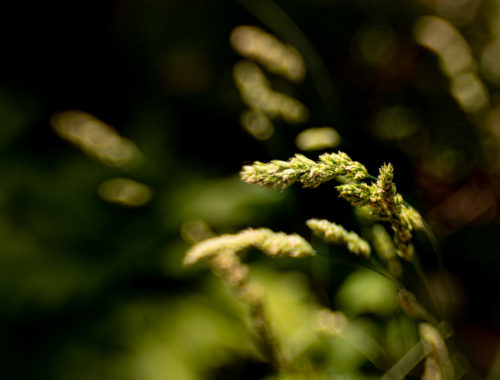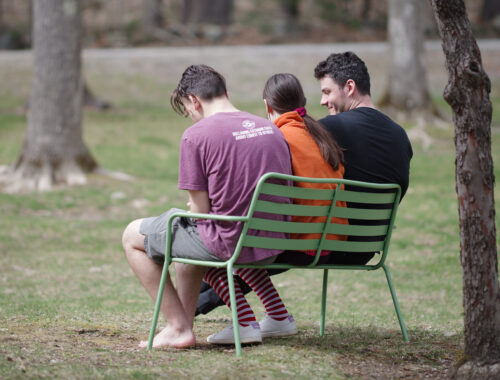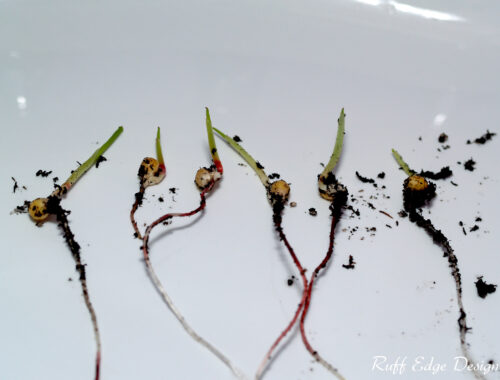
White, Grey, Black
“I asked him what prayers. He said they prayed to Yezu Klisto and someone called Simon. Is that the same as Simon Peter?”
“No, not quite the same. The fathers could tell you about Simon. He died in gaol nearly twenty years ago. They think he’ll rise again. It’s a strange Christianity we have here, but I wonder whether the Apostles would find it as difficult to understand as the collected works of Thomas Aquinas. If Peter could have understood those, it would have been a greater miracle than Pentecost, don’t you think? Even the Nicaean Creed—it has the flavour of higher mathematics to me.” —Graham Greene, A Burnt-out Case, p. 58
Graham Greene was the author Catholics were warned against by the Church when there was still an Index of Banned Books, back before Vatican II. Now, Greene is seen as a one of the great Catholic authors of the mid-twentieth century. Ironic, no?
I was introduced to Greene when I took a class specifically on him and his books. It was taught by a professor who didn’t last long at my small Catholic college, and I have a number of hypotheses on why he packed up and headed to Reno within a few years of my graduation. The fact that he wasn’t Catholic comes into it. It turns out that I am glad he was of a different stripe and specifically chose to assign only two of Greene’s “Catholic” novels, focusing instead on many of the other, nearly two dozen works of fiction Greene penned.
My daughter is writing her senior thesis on five or six of Greene’s books, and I am reading/re-reading them now. I never dived too deeply into Greene’s life story, but I know that he was a Catholic convert who always struggled with the institutional Church and its “ways.” Looking at him and his works now is completely different from my perspective in college and even my point of view when I was reading Catholic hipsters’ takes at one “journal of faith and art/culture/politics” or another ten or more years ago. I wonder if those folks are still arguing over what Flannery O’Connor meant when she echoed Jacques Maritain’s advice to “purify the source.” I wouldn’t know, since I seldom get back to those journals now.
What of that excerpt up there? Of all the passages in the book that struck me as profound (so many of them), why did I start things off with that? I think, because it raises some interesting questions about what matters, and if you’ve been paying attention, you know that I like the questions.




